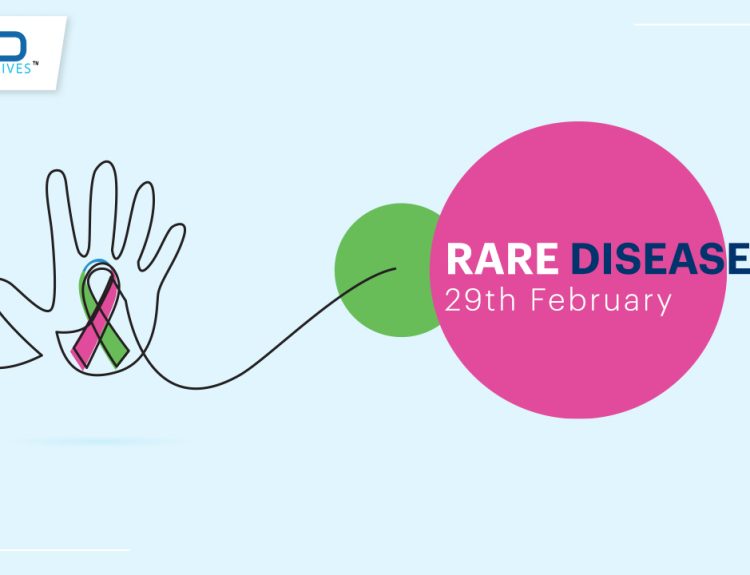Advances in genomics have brought about a revolution in the field of medicine.
What is Genomics?
Genomics is the study of the complete set of DNA within an organism, and it has led to new insights into the genetic basis of disease. Physicians can use genomics to diagnose and treat patients with a level of accuracy that was once unimaginable.
Genomics has given us a new understanding of how diseases develop and spread. We now know that many diseases are caused by genetic mutations that alter the function of genes. These mutations can be inherited from one or both parents, or they can occur spontaneously. Genomics has also shown that diseases can have multiple genetic causes, which can make diagnosis and treatment more challenging.
Genomics and Diagnosis
Genomics has provided physicians with a powerful new tool for diagnosing disease. Genetic testing can identify mutations in a patient’s DNA that are associated with specific diseases. This can help physicians make a more accurate diagnosis and determine the most appropriate course of treatment. For example, genetic testing can identify mutations that increase a patient’s risk of developing certain types of cancer. This information can be used to develop a personalized screening and prevention plan.
How Genomics Transforms Treatment?
Genomics is also transforming the way we treat disease. By understanding the genetic basis of a disease, physicians can develop targeted therapies that are tailored to the specific genetic mutations present in a patient’s DNA. This approach, known as precision medicine, has already led to breakthroughs in the treatment of cancer and other diseases.
For example, in the past, chemotherapy was the standard treatment for many types of cancer. However, this approach is not always effective, and it can cause significant side effects. With precision medicine, physicians can identify the specific genetic mutations that are driving a patient’s cancer and develop a targeted therapy that is more effective and less toxic.
Genomics Future Potential
The potential of genomics is enormous, and it is likely to play an increasingly important role in the future of medicine. As the cost of genetic testing continues to decline, it will become more accessible to patients and physicians. This will enable earlier diagnosis and more effective treatment of many diseases.
Genomics also has the potential to transform the field of drug development. By understanding the genetic basis of a disease, researchers can develop drugs that target the specific genetic mutations that are driving the disease. This approach has already led to the development of several new drugs that are more effective than traditional therapies.
Benefits of Genomics: Recent Clinical trials
Recent clinical trials that have explored the use of genomics in the diagnosis and treatment of various diseases
The TAPUR Study (Targeted Agent and Profiling Utilization Registry)
It is a clinical trial that aims to evaluate the safety and effectiveness of FDA-approved targeted anticancer drugs in treating advanced cancer patients with specific genomic alterations that can be targeted by these drugs. The study provides access to these drugs, contributed by pharmaceutical companies, and records the genomic profiling tests chosen by clinical oncologists. The goal is to identify any potential indications of drug activity and improve patient outcomes through the use of genomic testing and targeted therapies.
The NCI-MATCH clinical trial (Molecular Analysis for Therapy Choice)
It was designed to investigate the effectiveness of treating cancer based on specific genetic mutations found in a patient’s tumor, regardless of the type of cancer they had. Participants in the trial had their tumor samples analyzed through genomic sequencing and other tests to identify genetic alterations that were driving the growth of their cancer cells. Based on the results of these tests, patients were assigned to treatment arms that targeted the specific mutations present in their tumors.
The Lung-MAP Trial: (Lung Cancer Master Protocol)
This clinical trial is aimed at testing the effectiveness of precision medicine treatments for people with advanced non-small cell lung cancer that has continued to grow despite prior treatments. This type of cancer accounts for approximately 85% of lung cancer cases. The trial involves screening patients’ tumors for specific genetic changes, which may include alterations detected through genomic sequencing and other tests. Participants are then assigned to a treatment arm based on the presence of these genetic markers and the availability of targeted therapies that can address them. The main objective of the trial is to determine whether drugs that target the genetic mutations present in the cancer cells can slow down or halt the growth of non-small cell lung cancer.

Conclusion:
Genomics has opened up new frontiers in the diagnosis and treatment of disease. Physicians can now use genetic testing to identify the underlying genetic mutations that are driving a patient’s disease and develop targeted therapies that are tailored to the specific genetic mutations present in the patient’s DNA. As the cost of genetic testing continues to decline, it will become more accessible to patients and physicians, leading to earlier diagnosis and more effective treatment of many diseases. The future of medicine is bright, thanks to the incredible potential of genomics.
Read also
References:
- TAPUR Study. ASCO TAPUR. https://www.tapur.org/. Accessed 21.4.2023
- NCI-MATCH Trial (Molecular Analysis for Therapy Choice). National Cancer Institute. https://www.cancer.gov/about-cancer/treatment/clinical-trials/nci-supported/nci-match#:~:text=NCI%2DMATCH%2C%20also%20known%20as,no%20matter%20the%20cancer%20type. Accessed 21.4.2023
- Lung-MAP: Master Protocol for Lung Cancer. National Cancer Institute. https://www.cancer.gov/types/lung/research/lungmap#:~:text=The%20Trial,85%25%20of%20lung%20cancer%20diagnoses. Accessed 21.4.2023

MDForLives is a vibrant community of healthcare professionals and patients dedicated to shaping the future of healthcare. We provide valuable global insights to healthcare companies through online surveys, interviews, and discussion forums.






